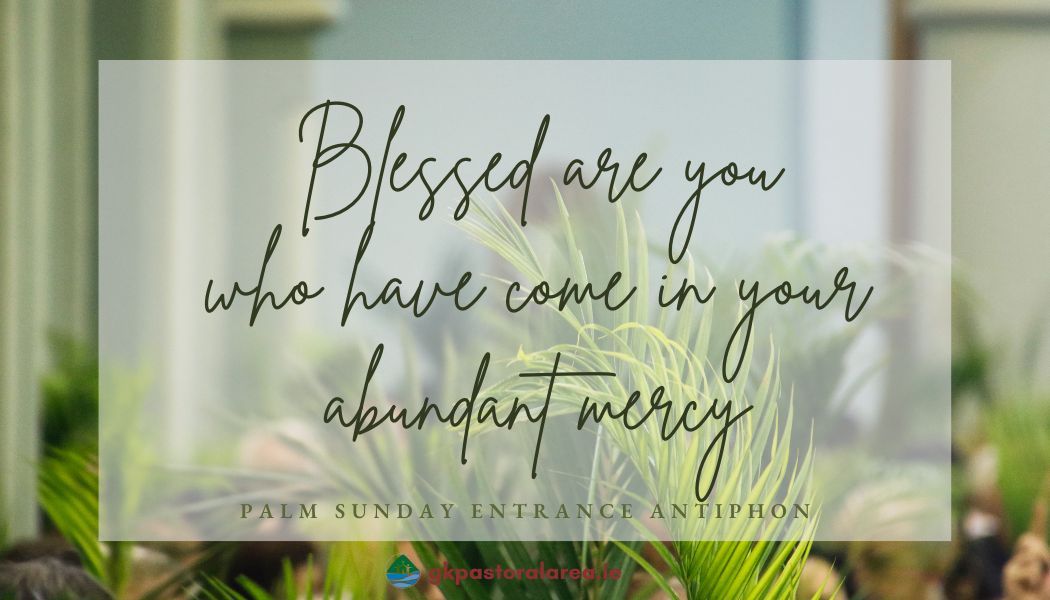Two processions entered Jerusalem on a spring day in the year 30: One was a peasant procession, the other an imperial procession. From the east, Jesus rode a donkey down the Mount of Olives, cheered by his followers. Jesus was from the peasant village of Nazareth, his message was about the kingdom of God, and his followers came from the peasant class.
On the opposite side of the city, from the west, Pontius Pilate, the Roman governor of Idumea, Judea and Samaria, entered Jerusalem at the head of a column of imperial cavalry and soldiers. Jesus’s procession proclaimed the kingdom of God; Pilate’s proclaimed the power of empire.
Jesus’s procession deliberately countered what was happening on the other side of the city. Pilate’s procession embodied the power, glory and violence of the empire that ruled the world. Jesus’ procession embodied an alternative vision, the Kingdom of God. The king, riding on a donkey, will banish war from the land—no more chariots, warhorses or bows. Commanding peace to the nations, Jesus will be a king of peace.
Am I ready to surrender my life to Him during this Holy Week and welcome Him into all areas of my life as my Lord and Saviour, singing “Hosanna”? Palm Sunday, we receive palm branches at the Divine Liturgy. Let us take them to our homes and put them in a place where we can always see them. Let the palms remind us that Christ is the King of our families, that Christ is the King of our hearts, and that Christ is the only true answer to our quest for happiness and meaning in our lives.

Source: Vatican News.
